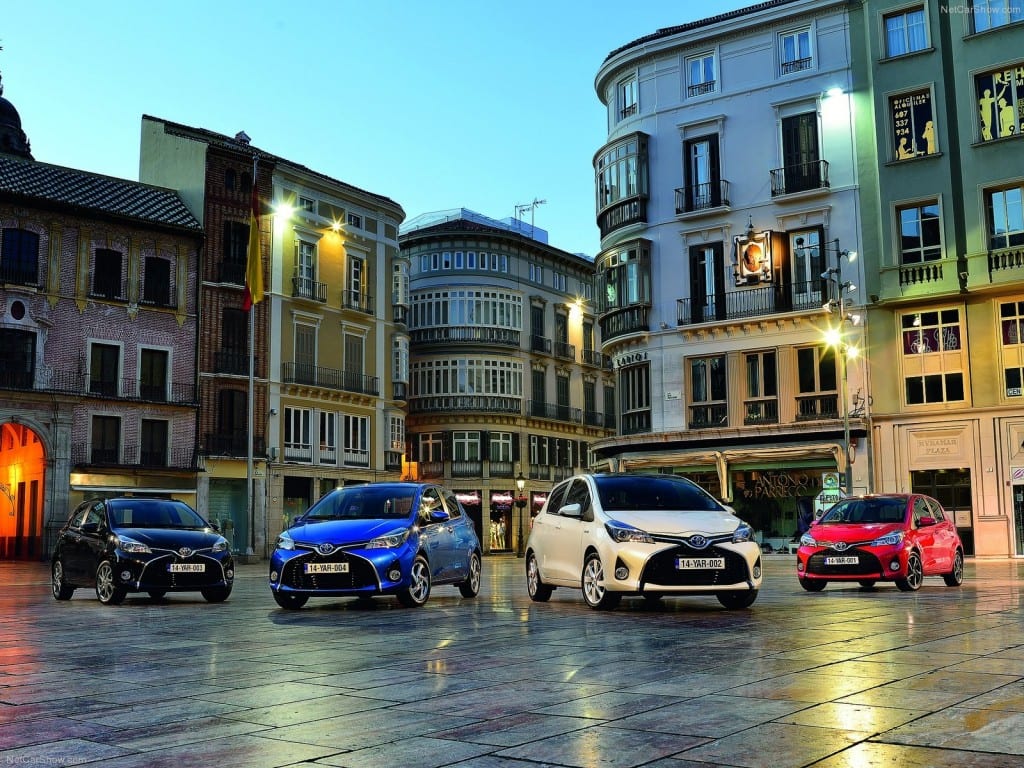

Toyota Motor’s chairman, who led the development of the Toyota Prius, expects the latest plug-in hybrid vehicles will catch on with consumers far more rapidly than the original Prius did.
Known as the “father of the Prius” for his role in popularizing the world’s best-selling hybrid car, Takeshi Uchiyamada said he expected to sell 1 million plug-in hybrids in less than 10 years, the time it took for sales of its conventional hybrid vehicles to hit that mark.
“Environmental awareness has become a bigger issue today than it was 20 years ago, and demand for environmentally conscious products has increased,” Uchiyamada told reporters at an event to launch the latest plug-in version of the Prius in Japan.
While the technology for plug-ins has developed rapidly, lowering costs, Uchiyamada said he had “no idea” exactly when plug-in sales would hit the 1 million mark. Since launching the original Prius, in 1997, Toyota has developed hybrid versions for around 40 of its models, and has sold a total of 10 million hybrid vehicles globally.
Launching the second generation of the Prius PHV in Japan on Wednesday, Toyota said it expects to sell up to 60,000 worldwide a year, with more than half of the sales coming from Japan.
Toyota set a similar target for the first generation of its plug-in Prius, of which only around 75,000 have been sold since its launch in 2012, largely due to its limited electric range of 26.4 kilometres.
The latest version has a range of 42 miles according to Japanese standards. Due to a different methodology in measuring a car’s electric mode range, the vehicles’ range is listed in the United States as around 25 miles.
Launched as the Prius Prime in North America late last year, the plug-in Prius will be introduced in Europe from March. Uchiyamada declined to comment on plans to offer plug-in versions of other models.
The latest plug-in Prius sees Toyota widely endorsing lithium ion batteries, marking a turning point for the company which for years had resisted the technology commonly used in all-battery electric vehicles, due to concerns over their cost, size and safety.
While rivals including Nissan Motor Co. and Tesla Inc. have marketed electric cars for nearly a decade, Toyota has promoted fuel cell-powered vehicles as the most sensible next-generation option to hybrids, although a lack of hydrogen fueling stations remains a major hurdle for mass consumption.
But as more automakers develop electric cars in response to tightening global emissions regulations, Toyota late last year set up a new division to speed up development of long-range electric cars.